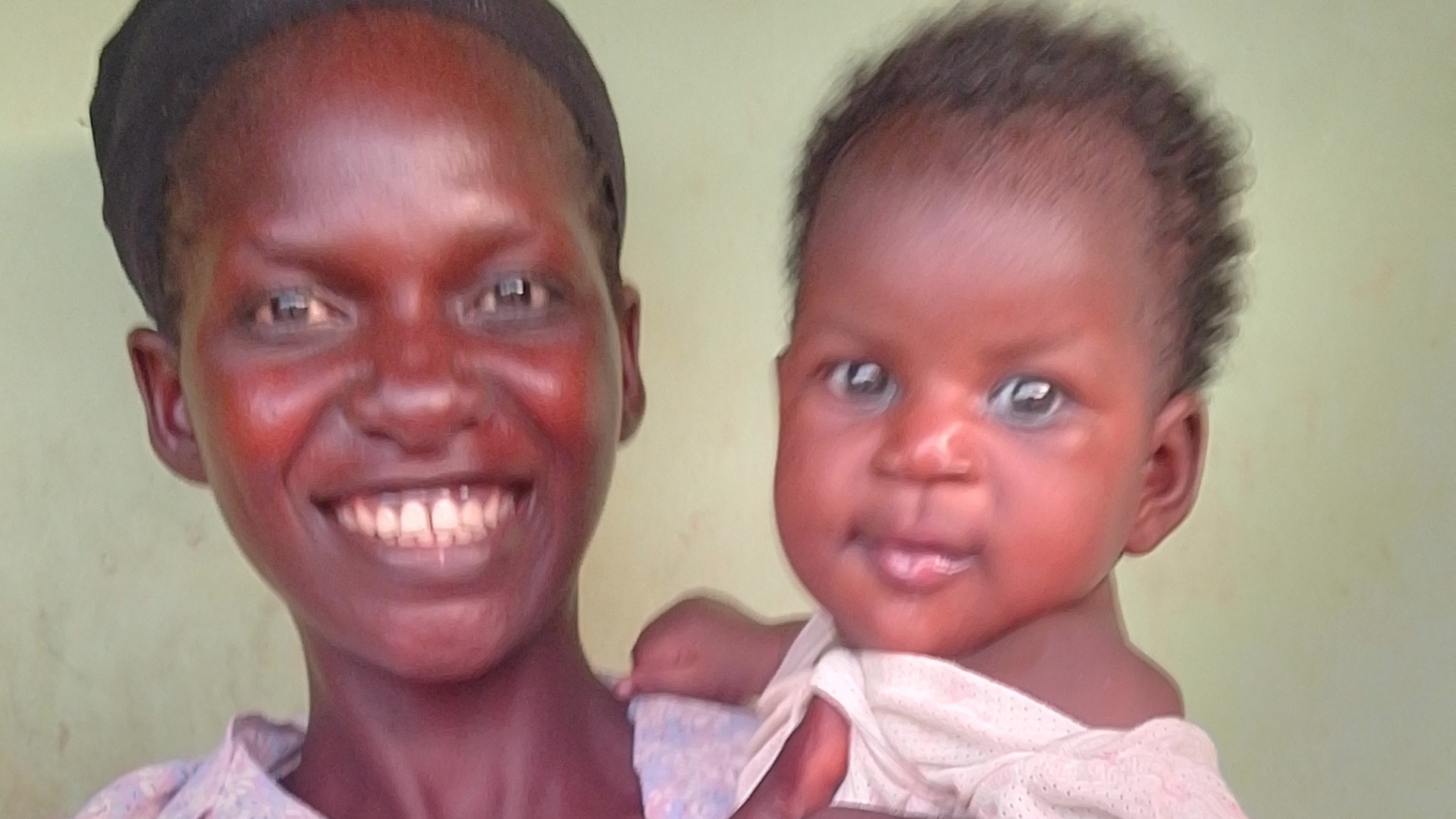“I used to feel pain in my head frequently, accompanied by a strong fever. I was staying with my grandparents, and the journey to school was 4km: the stress triggered the illness, and it was so challenging for me.
As a result, I was often absent from school.
When I complained of pain, my teachers insisted I participate, and they would say I was only being crafty and smart.
My grandparents and uncles also said I was pretending to be sick, due to my inability to attend to house chores and do farm work.
I thought - I am not loved. Why should I be so sick, but no one understands and cares? I was always crying and traumatized, and it seriously affected my educational performance.
Those days were difficult: I don't want to remember them.
Then there was a convention in the church and ACET carried out free HIV testing, awareness, and counselling. It was the first time I embarked on a voluntary test to know my status, and it was confirmed that I had HIV.
It was a difficult moment for me, but ACET gave me proper counselling, I accepted my status, and they helped me overcome most of my challenging fears.
ACET took me to General Hospital Wannune and enrolled me on ARV.
They took care of transportation to check-ups, my food and hospital bills, and supported me by calling daily to encourage me to take my drugs.
This change has helped me seriously regain my health. I soon became stronger and active in school and at home. I continued and completed my secondary school.
I married and we have had three children. To the glory of God, all three were born in good health and without HIV, thanks to ACET.
They helped me enrol in antenatal care and I learnt that I should deliver in a hospital and not give my children the breast.
HIV could not stop me from getting married or having children. I am so happy to be a mother of a healthy boy and two healthy girls.”

Nigeria has the second-largest HIV epidemic in the world after South Africa, but unlike South Africa, progress in preventing mother-to-child transmission of HIV in Nigeria has been slow - only 35% of pregnant women living with HIV are on treatment, partly due to a low take up of antenatal care services.
But your support enables early intervention so that babies of women living with HIV, like Adaku, can be born without the virus.
